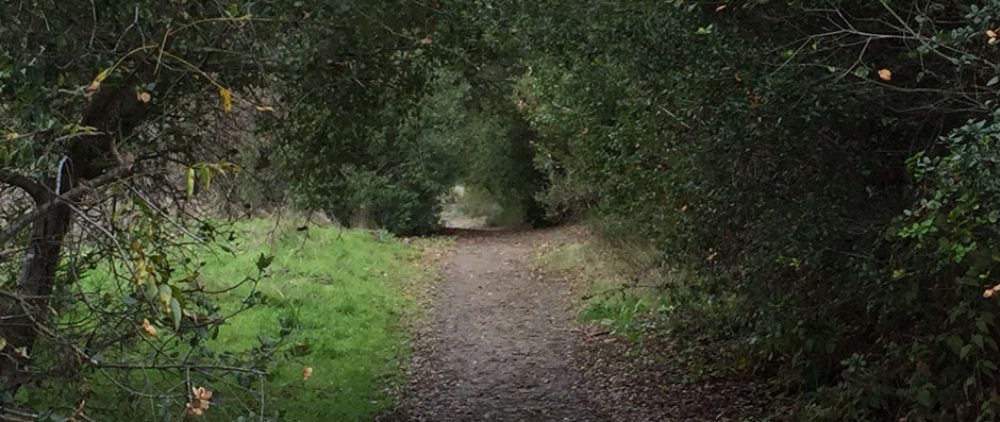Happy New Year, friends! During a lunchtime conversation with Mary, the name of Ray Bradbury came up, which reminded me of the first book I was told not to read and the pleasure I had in reading it.
My parents loved books and passed their love of reading on to me. One night when I was in the sixth grade, we went to the Burger Pit in Los Gatos, California. Someone had left a Sci-Fi paperback in the booth where they seated us. The cover featured a fetching space maiden in skimpy garb, in the clutches of an ugly alien with tentacles.
“You don’t want to read that trash,” my mother said. Of course I did! I left the restaurant with the book tucked in my waistband. I found a flashlight in a kitchen drawer to read it when I was supposed to be sleeping. It probably was trash, since I can’t remember the plot, if it had one, and I soon was back to reading my favorite author at the time, Jack London. His best known book, Call of the Wild, was burned in Nazi Germany, but has not yet been banned in Florida. Be sure not to tell DeSantis that London was a socialist!
A list of 300 books banned in Florida contains some striking omissions. Nineteenth century books like Walden and Uncle Tom’s Cabin did not make the list, nor did Tess of the D’Ubervilles, which comes to mind because in high school, after I saw the movie version of Far From the Madding Crowd, with Julie Christie and Alan Bates, I went on a Thomas Hardy reading binge.
Here are some of the authors I read in high school, to whom I am deeply grateful for helping to shape my outlook on life:
Henry Miller. Sherwood Anderson. Theodore Dreiser. Sinclair Lewis (I devoured work by authors of the so-called “Chicago Renaissance”). Nathaniel West (see Day of the Locust if you don’t know where the name, Homer Simpson, came from). Edwin Arlington Robinson, after I learned that his poem, Richard Cory, inspired the Simon & Garfunkel song. Shunryu Suzuki – I purchased Zen Mind, Beginner’s Mind because I wanted to learn to meditate. Now, after decades of living and meditation practice, I have a decent grasp of what he was saying, but I suspect there are places that would burn this classic the way a church group in Alamogordo, New Mexico burned books by Tolkien in 2001 after determining they were the work of Satan. I’m sure there were more, but these are the authors that first came to mind.
The only thing I can think to pass along to students who are sickened by the notion of politicians dictating what they can read and think are these words posted on Twitter by Stephen King, who has 16 books banned in Douglas County, Florida:
“Hey, kids! It’s your old buddy Steve King telling you that if they ban a book in your school, haul your ass to the nearest bookstore or library ASAP and find out what they don’t want you to read.”








